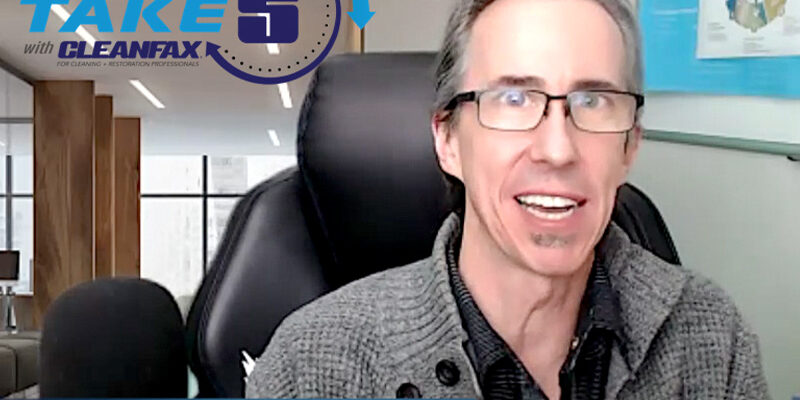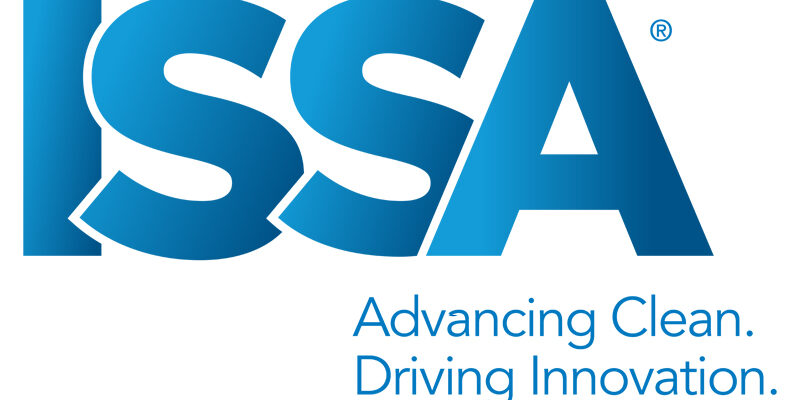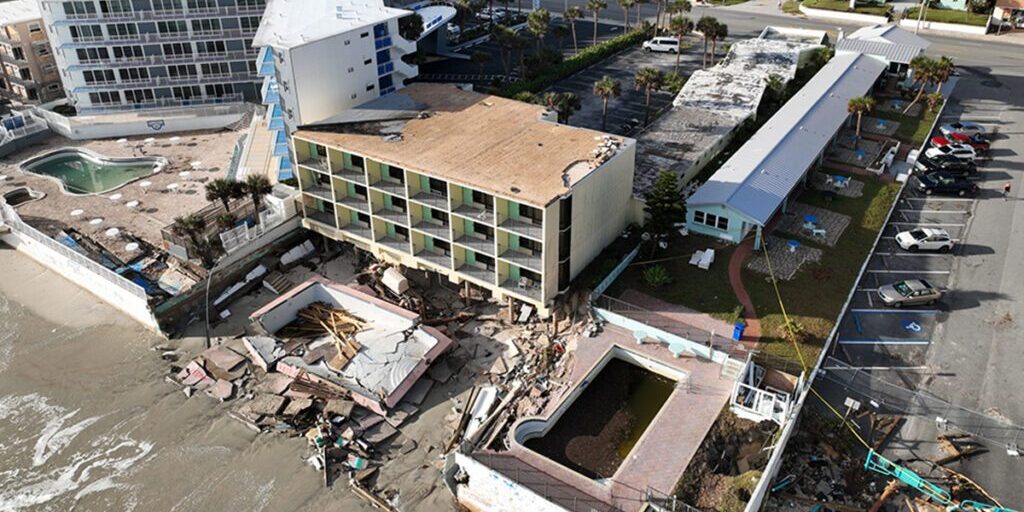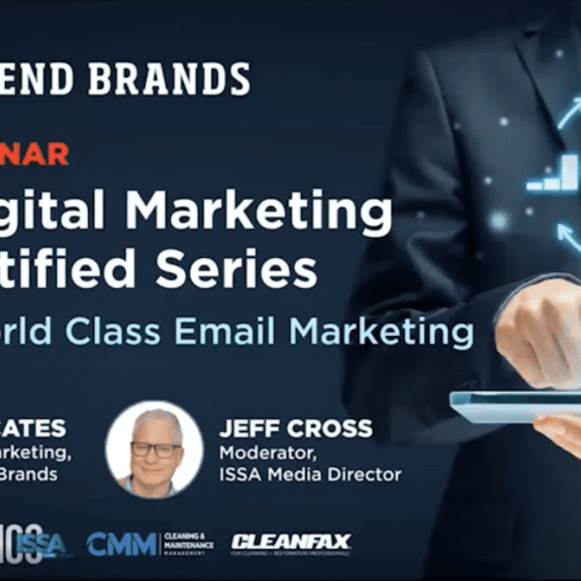4 Cs of Insurance Purchasing

By Kari Dybdahl
When I speak with cleaning and restoration professionals one of the first questions I ask is, “What do you dislike most about insurance?” It’s a loaded question, but it really does help me figure out what you value about insurance and what I can do to fulfill that.
Most people respond that their insurance agents don’t know what they do for a living. Restoration contractors especially say they must explain to their insurance agents — every renewal — that they are neither janitors nor carpet cleaners in order to have that taken off their liability policies. Does this sound familiar to you?
The next question I ask is, “What do you like the most about insurance?” The response I generally receive is that they like how it is an extra level of protection for their businesses. This is certainly accurate. The overall function of insurance is to provide the insured with financial assurance for the liabilities they take on and to be there when something catastrophic happens to help avoid bankruptcy or closing your business.
In my day-to-day work, I often hear that insurance costs too much. This could be true as well. Insurance is transferring the risks you take on to someone else in exchange for a premium. The premium charged should be minimal to the overall risk you take on.
Let’s say you are doing a Category 3 water job at a large commercial building valued at $15 million. If the job were to go wrong, what is the worst that could happen? Say you burn the building down, causing $15 million in damages; meanwhile, your annual liability premiums are $20,000. In this case, $20,000 is relatively minimal to the $15million dollars of risk you took on.
In this article, I will help solve the challenge of saving premium dollars while maintaining adequate insurance for your business. The simple way to do this is to follow the “four Cs of insurance purchasing,” which you should follow when looking over your insurance program. Three of the Cs affect you 365 days out of the year. One C will affect you only one day out of the year. Can you guess which C that is?
1 | Carrier
Every insurance carrier has a financial rating with a rating agency. The most recognized rating agency in the insurance industry is AM Best. Many insurance carriers will add their AM Best rating to the quotations and policies they issue. The financial rating shows the financial stability and strength of the insurance carrier and, most importantly, reflects the carriers’ perceived ability to pay out claims.
The higher the letter and number rating, the more financially sound a company is as an insurance carrier. Your insurance carrier should have an AM Best Rating of A or higher. The highest rating is A++. A+ and A++ are both superior ratings. This rating is very important when purchasing insurance, as you want to purchase your insurance from a stable carrier who will be around for a long time and will be able to support you if anything bad happens. You also want to make sure the carrier is not going through major personnel changes or up for sale since this could disrupt not only how well your insurance is being underwritten, but also could disrupt rates as well as coverage without you knowing.
2 | Coverage
The reason you purchase insurance is to provide coverage if something bad happens. Imagine purchasing a policy that doesn’t provide coverage for the majority of what you do for a living. Let’s say you just spent $5,000 on insurance coverage only to uncover that they exclude any loss that involves any type of bacteria. That was one expensive piece of paper you just bought.
With my company’s insurance consultation work, we find that, unfortunately, 80 percent of insurance certificates have coverage deficiencies in the insurance policies purchased.
How do you avoid a situation like this? There are a few suggestions. First, ask for a copy of the insurance policy forms prior to purchasing the policy. This way you can review the insuring agreement, conditions, and most importantly the exclusions of the coverage you are purchasing. You wouldn’t buy a vehicle without test driving it first, would you? Why would you purchase insurance coverage that is meant to protect your company when things go wrong without reading it first?
Second, ask for a coverage comparison or a list of the coverages being offered, including the exclusions that pertain to your operations. You can ask your insurance agent for this. An insurance agent that has experience working with contractors should be able to provide you with a comprehensive coverage comparison in addition to just policy limits, deductibles, etc.
Third, you could elevate all this extra insurance work by working with an insurance professional who specializes in the cleaning and restoration industry. This person will take a lot of the insurance purchasing stress off you. Insurance professionals that specialize in your industry can be hard to find. I suggest Googling “restoration insurance” or reaching out to your local association for a recommendation. The International Cleaning and Restoration Association (ICRA), the Institute of Inspection Cleaning and Restoration Certification (IICRC), the Phenomenal Cleaning & Restoration Community (PCRC), and Mason’s Network on Facebook are all great resources.
3| Claims
The claims department of an insurance carrier is arguably just as important as the coverage being offered. Think back to working with claims adjusters on a flooded home and how much nicer it was working with an informed and experienced adjuster versus a claims adjuster who isn’t familiar with floods. Uneducated adjusters complicate the process, delaying the job and potentially making things worse. The same can happen when you file a claim on the insurance policies you purchase.
If the carrier’s claims department is not familiar with what you do for a living, the chances of them adjusting the claim seamlessly is slim to none. You could easily find yourself debating and teaching the adjuster, wasting your time. Worse yet, let’s say you purchased your insurance from an insurance professional who equally isn’t grasping what you do for a living even though you have told them countless times? Sounds like a nightmare to me.
This is another reason why finding an insurance professional team who specializes in the cleaning and restoration industry is crucial to your insurance purchasing process. They can step in to negotiate and discuss the claim on your behalf so that you can go back to running your company.
4 | Cost
Last, but not least, the final C of insurance purchasing is cost. If you were to buy insurance for every conceivable risk you take on in your business operations, you would spend all your profits in premium dollars. It is not sustainable. However, this does not mean you should not buy insurance.
Instead, I encourage making informed decisions and looking at the risk management and financial strength of your company. This will help you determine what kind of risks you can take on and which risks you will want to transfer through the insurance function. For example, environmental risks such as mold, fungi, bacteria, lead, and asbestos should most definitely be transferred through the insurance function since an environmental loss could shut down a company in a matter of days. I have seen this happen first hand in my insurance brokering career.
Insurance costs should be affordable for your company. You should be able to pay your premium and still have funds to operate your day-to-day costs. If your insurance costs are inhibiting your ability to operate daily, this is a red flag and something to discuss with your insurance professional (who specializes in the cleaning and restoration industry). The right professional insurance team should be able to negotiate your insurance premiums with the various carriers. Insurance professionals with more experience should be able to relay what coverage is being offered and what is generating the premium. If they are not able to explain how the premium amounts were computed and what specifically is being offered coverage wise, I suggest reevaluating your insurance team.
So, which C will affect you one day out of the year? Being with right carrier, having the best coverage for your business, and working with an informed claims department all affect your business 365 days a year. They are important with every job you take on and everything you do on a day-to-day basis.
That leaves us with cost. The cost of insurance is important, which is why it made this top four list. However, the cost of insurance affects you one day out the year: The day you write the check to pay your premium for the right carrier, the best coverage, and an informed claims department. I would hate for you to sacrifice a good carrier, coverage, and claims department because you found an inferior policy for a lower premium.
Purchasing insurance solely based on price is essentially gambling your business every day. Working with the right insurance team should hit all four of the Cs discussed in this article while either increasing your coverage for what you do for a living or decreasing your premium dollars due to their experience in the insurance marketplace.
Insurance purchasing should not be stressful for you as the insurance buyer. If you feel like something is off with your insurance, it probably is. Ignoring the problem won’t fix it. Working with an insurance professional who is experienced and specializes in the cleaning and restoration industry does not cost you more than the uninformed ones.
If you have any questions or are looking for suggestions, please do not hesitate to reach out.
Kari Dybdahl has a decade of experience in the environmental insurance industry assisting clients, from carpet cleaners to municipalities. She has received multiple awards and recognition for her work placing compliant insurance for Crawford Contractor Connection members, ICRA members, and many others. Dybdahl designs custom insurance programs alongside Dave Dybdahl. Please reach out to Kari A. Dybdahl with any questions at 608-824-3341 or [email protected].












